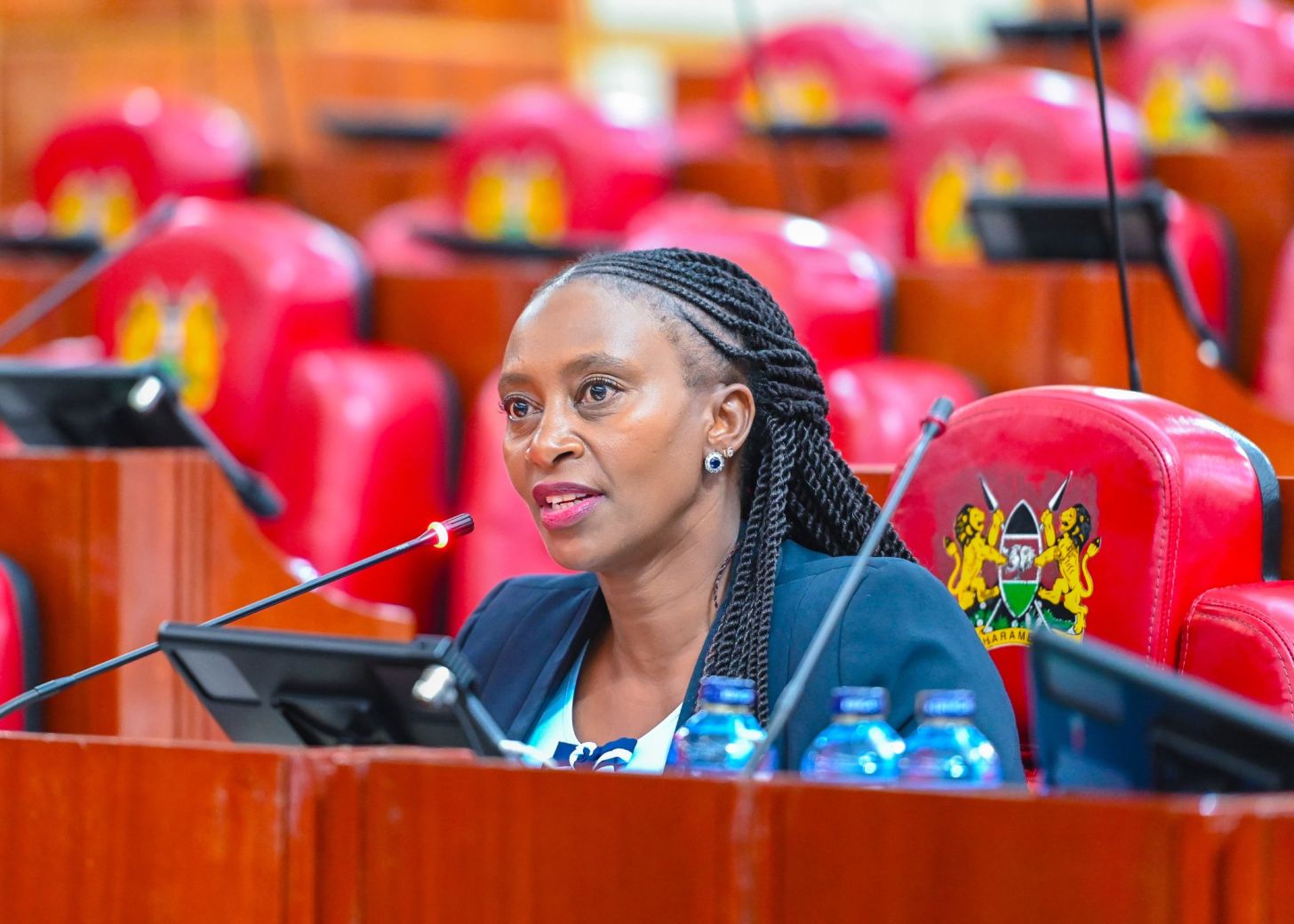Kenya is facing a growing health crisis as nearly half of women aged between 20 and 49 are now overweight or obese, according to new data from the Ministry of Health.
Officials have linked the worrying trend to unhealthy diets and lifestyle choices, warning that it is undermining women’s wellbeing, productivity, and overall contribution to the economy.
Public Health Principal Secretary Mary Muthoni said the situation calls for urgent attention. “About 45 per cent of women aged 20 to 49 are overweight or obese,” she said during a sensitisation programme on Weru TV.
To address the rising problem, the government has introduced the Kenya Nutrient Profile Model, a tool that classifies and regulates foods based on their nutrient content.
Muthoni explained that this model is part of a broader plan to curb non-communicable diseases (NCDs) such as obesity, which currently account for 39 per cent of deaths in the country.
She also raised concerns over a decline in exclusive breastfeeding among mothers with infants aged zero to six months, noting that the rate had fallen from 61 to 60 per cent.
At the same time, bottle-feeding increased from 22 to 34 per cent. According to her, this shift threatens healthy growth and development among children.
Muthoni dismissed myths around breastfeeding, urging mothers — especially teenagers — to embrace the practice. She stressed that breastfeeding does not cause premature ageing and encouraged young mothers to prioritise it for the health of their children. She also pointed out that teenage pregnancies in Meru remain a worrying health and education issue.
The obesity crisis is not unique to Kenya. Globally, efforts to tackle the problem have been intensified. On September 25, the World Health Organisation (WHO) and the United Nations Inter-Agency Task Force on the Prevention and Control of Noncommunicable Diseases (UNIATF) recognised 12 countries and seven non-State actors for introducing innovative measures to combat obesity.
The awards were presented during the 2025 UNIATF Awards ceremony at the Tenth Annual Meeting of the Friends of the Task Force on Accelerating Action on Obesity Prevention and Management. The gathering, organised by WHO in partnership with the Government of Egypt and UNIATF, took place alongside the opening week of the Eightieth Session of the United Nations General Assembly and the Fourth High-Level Meeting on NCDs.
Governments and civil society groups were celebrated for adopting strong measures ranging from taxes on sugary products to digital solutions and school meal initiatives. WHO Assistant Director General for Health Promotion and Disease Prevention and Control, Dr Jeremy Farrar, emphasised the need for decisive action.
“Obesity is largely preventable. Yet millions of people around the world face environments that make it easier to gain weight and harder to stay healthy,” he said.
“These champions demonstrate that progress is possible, and their leadership inspires collective action to stop obesity worldwide.”
Obesity rates have more than doubled globally over the past three decades, with one in eight people now living with the condition. WHO notes that this rise has fuelled a surge in diabetes, heart disease, certain cancers and other NCDs.
In response, WHO has launched the Acceleration Plan to Stop Obesity, a strategy built on five pillars: scaling up proven interventions, ensuring real-world impact, advancing global advocacy, expanding partnerships, and reinforcing accountability. The organisation has reaffirmed its commitment to helping countries combat obesity, noting that its Global Nutrition Targets aim to stop the rise in childhood overweight, while the global NCD goal seeks to halt increases in diabetes and obesity by 2025.
